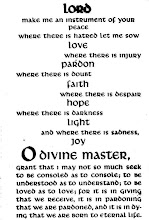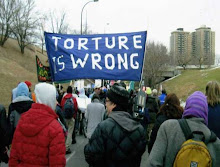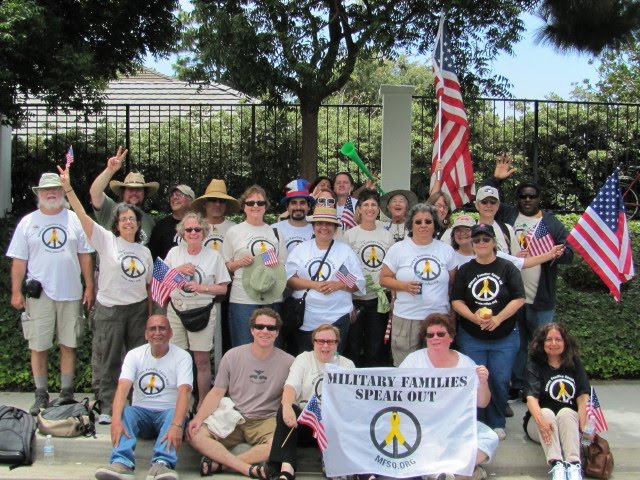Washington Whispers
Declassified Memo Hinted of 1941 Hawaii Attack
November 29, 2011
Three days before the Dec. 7, 1941 Japanese attack on Pearl Harbor,
President Roosevelt was warned in a memo from naval intelligence that
Tokyo's military and spy network was focused on Hawaii, a new and eerie
reminder of FDR's failure to act on a basket load of tips that war was
near.
In the newly revealed
20-page memo from FDR's declassified FBI file, the Office of Naval
Intelligence on December 4 warned, "In anticipation of open conflict
with this country, Japan is vigorously utilizing every available agency
to secure military, naval and commercial information, paying particular
attention to the West Coast, the Panama Canal and the Territory of
Hawaii."
The memo, published in the new book December 1941: 31
Days that Changed America and Saved the World went on to say that the
Japanese were collecting "detailed technical information" that would be
specifically used by its navy. To collect and analyze information, they
were building a network of spies through their U.S. embassies and
consulates.
Historian and acclaimed Reagan biographer Craig
Shirley, author of the just released December 1941, doesn't blame FDR
for blowing it, but instead tells Whispers that it "does suggest that
there were more pieces to the puzzle" that the administration missed.
The 70th anniversary of the attack is next month.
In fact, he
compares the missed signals leading up to Japan's attack to 9/11, which
government investigations also show that the Clinton and Bush
administrations missed clear signals that an attack was coming. [ Read:
Mengele Nazi Diaries Could Fetch $1 million.]
"So many mistakes through so many levels of Washington," said Shirley. "Some things never change."
His book also reveals another blockbuster historical moment: On the
night of the Pearl Harbor attack, FDR and his war cabinet considered
declaring war on all three Axis Powers—Japan, Germany, Italy—but in the
end the president only targeted Japan. At the time, the U.S. was still
healing from World War I and isolationism was the word of the day.
Shirley, aided by son Andrew as his chief researcher, takes a new tack
in his book about Pearl Harbor. Instead of just writing how it all went
down, his book attempts to give readers a feel for how the country felt
70 years ago. He accomplishes that by providing anecdotal information
from nearly 2,000 newspapers and magazines. [Read: Hitler's Treaty
Signing Desk Set To be Auctioned.]
"The goal here," Shirley
writes in the preface, "is to make the reader feel as if they are
experiencing the day to day events as they unfolded. Some historians
don't like to go into the arduous tasks of going through thousands of
newspapers preferring instead to rely on those bits and pieces of news
reporting they may glean from other books. I did, and consequently the
reader will find stories and information from the month of December 1941
they have never heard before."
In the newly revealed 20-page memo from FDR's declassified FBI file, the Office of Naval Intelligence on December 4 warned, "In anticipation of open conflict with this country, Japan is vigorously utilizing every available agency to secure military, naval and commercial information, paying particular attention to the West Coast, the Panama Canal and the Territory of Hawaii."
The memo, published in the new book December 1941: 31 Days that Changed America and Saved the World went on to say that the Japanese were collecting "detailed technical information" that would be specifically used by its navy. To collect and analyze information, they were building a network of spies through their U.S. embassies and consulates.
Historian and acclaimed Reagan biographer Craig Shirley, author of the just released December 1941, doesn't blame FDR for blowing it, but instead tells Whispers that it "does suggest that there were more pieces to the puzzle" that the administration missed. The 70th anniversary of the attack is next month.
In fact, he compares the missed signals leading up to Japan's attack to 9/11, which government investigations also show that the Clinton and Bush administrations missed clear signals that an attack was coming. [ Read: Mengele Nazi Diaries Could Fetch $1 million.]
"So many mistakes through so many levels of Washington," said Shirley. "Some things never change."
His book also reveals another blockbuster historical moment: On the night of the Pearl Harbor attack, FDR and his war cabinet considered declaring war on all three Axis Powers—Japan, Germany, Italy—but in the end the president only targeted Japan. At the time, the U.S. was still healing from World War I and isolationism was the word of the day.
Shirley, aided by son Andrew as his chief researcher, takes a new tack in his book about Pearl Harbor. Instead of just writing how it all went down, his book attempts to give readers a feel for how the country felt 70 years ago. He accomplishes that by providing anecdotal information from nearly 2,000 newspapers and magazines. [Read: Hitler's Treaty Signing Desk Set To be Auctioned.]
"The goal here," Shirley writes in the preface, "is to make the reader feel as if they are experiencing the day to day events as they unfolded. Some historians don't like to go into the arduous tasks of going through thousands of newspapers preferring instead to rely on those bits and pieces of news reporting they may glean from other books. I did, and consequently the reader will find stories and information from the month of December 1941 they have never heard before."





























































































































No comments:
Post a Comment